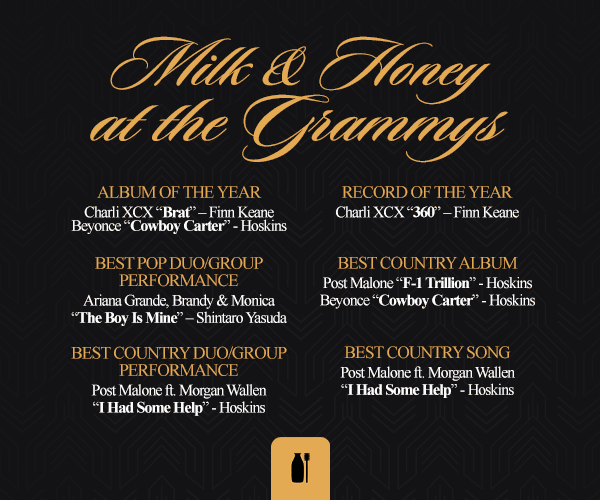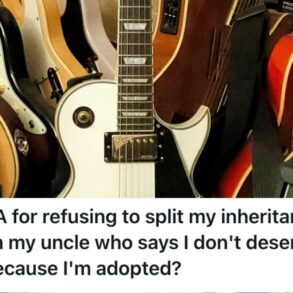US President Donald Trump signed an executive order on Monday (January 21) delaying enforcement of the US’s TikTok “divest-or-ban” law by 75 days, as Chinese officials cautiously signaled a new willingness to accept the app’s sale to a non-Chinese entity.
The order instructs the attorney general not to levy fines against app stores and service providers that help TikTok remain operational in the US, and orders his administration to issue letters to each provider stating that “there has been no violation of the statute and that there is no liability for any conduct that occurred during the above-specified period.”
Trump’s executive order was one of many that the incoming president signed within hours of his swearing-in. Some legal experts and lawmakers have said the move could be legally dubious, Politico reported.
Meanwhile, the same day, China signaled a new willingness to cooperate with the US government to keep TikTok operational in the US, seemingly reversing its previous stance opposing any forced sale of the social media platform.
The Chinese Foreign Ministry said Monday that companies should be free to make independent decisions regarding their operations and acquisitions, responding to President Donald Trump’s proposal for the US to have “50% joint ownership” of TikTok with current or new owners.
On Monday, Trump said via his social media platform Truth Social: “I would like the United States to have a 50% ownership position in a joint venture. By doing this, we save TikTok, keep it in good hands and allow it to [stay] up. Without US approval, there is no TikTok. With our approval, it is worth hundreds of billions of dollars – maybe trillions.”
“Therefore, my initial thought is a joint venture between the current owners and/or new owners whereby the US gets a 50% ownership in a joint venture set up between the US and whichever purchase we so choose.”
Trump’s statement came after TikTok briefly went dark for 14 hours in the US following the implementation of legislation that bans TikTok if ByteDance fails to divest the business. TikTok came back online after the company said Trump provided the “necessary clarity and assurances” to its service providers.
“When it comes to actions such as the operation and acquisition of businesses, we believe they should be independently decided by companies in accordance with market principles. If it involves Chinese companies, China’s laws and regulations should be observed.”
Mao Ning, CHina’s Foreign Ministry
Chinese Foreign Ministry spokesperson Mao Ning told reporters during a regular press conference on Monday: “When it comes to actions such as the operation and acquisition of businesses, we believe they should be independently decided by companies in accordance with market principles. If it involves Chinese companies, China’s laws and regulations should be observed.”
That marks a softened stance by the Chinese government, which contrasts with its earlier unequivocal opposition to a sale of TikTok. However, the reference to making decisions “in accordance with market principles” could also be seen as a criticism of the US’s legislated demand for divestiture.
China’s government owns a 1% stake – a so-called ‘golden share‘ – in TikTok’s parent company, ByteDance.
Over the past year, China had firmly opposed any forced sale of TikTok, with Foreign Ministry spokesperson Wang Wenbin criticizing the United States’ actions as disruptive to international trade and counterproductive.
“The US’s bullying acts disrupt normal international trade order and will eventually backfire,” Wang told reporters in March 2024.
Politico noted that TikTok CEO Shou Zi Chew attended Trump’s inauguration on Monday, and was seated in a prominent place – next to Tulsi Gabbard, Trump’s nominee for Director of National Intelligence.
According to a report at CNN, Trump’s proposal to split TikTok 50-50 was met with backlash among social media users in China. One comment, which garnered thousands of likes, asserted that “Apple and Tesla also should give up 50% of their shares to Chinese companies then,” while another called for China to take “50% control of Nvidia.”
Meanwhile, The Wall Street Journal reported that ByteDance founder Zhang Yiming, one of China’s richest persons, could facilitate a deal through his connections. Notable among these is his connection to Elon Musk, the world’s richest person and a Trump confidant. Sources familiar with the matter told WSJ that Zhang and Musk engaged in discussions last year when it became clear Congress would move to ban TikTok in the US.
Zhang holds a 21% equity stake in ByteDance and maintains majority control through enhanced voting rights.
On social media platform X (formerly Twitter), which he bought in 2022, Musk said, “I have been against a TikTok ban for a long time, because it goes against freedom of speech.”
– With additional reporting by Daniel TencerMusic Business Worldwide
This post was originally published on this site be sure to check out more of their content








